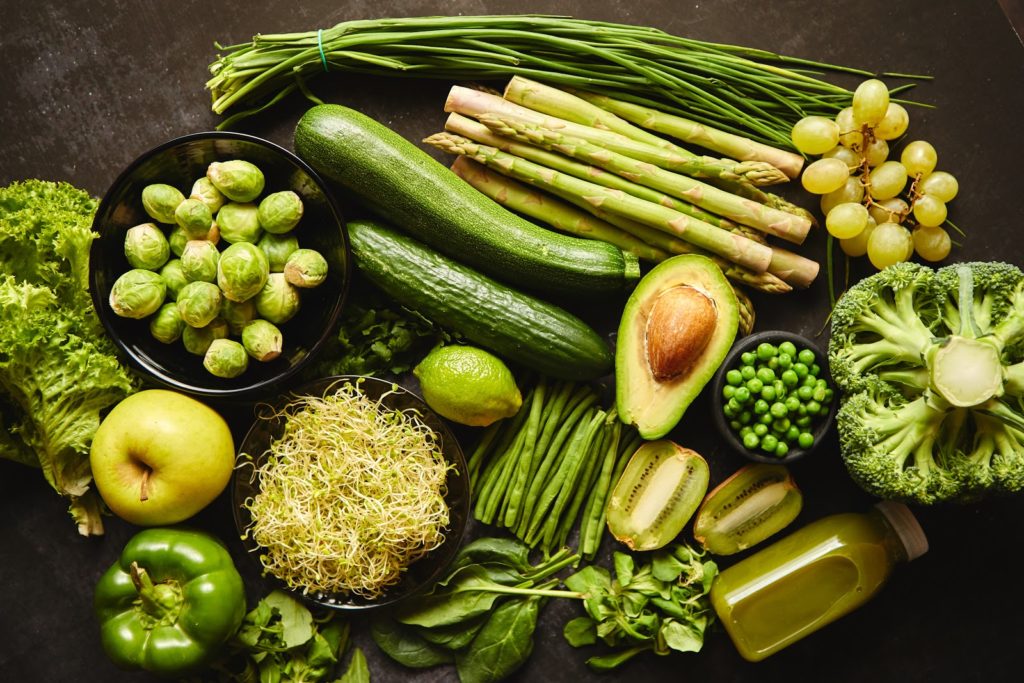As a precursor to what is discussed in this article, it is always helpful to have a refresher of what inflammation actually is as well as what causes inflammation. With that understanding at the forefront of your mind, we can dive into some anti-inflammatory strategies.
Reducing inflammation starts with addressing the source of the inflammation — within the activity of the immune system. The process of inflammation is the body’s natural defensive response to a foreign agent within the body, and although this is part of the natural acute healing process, persistent inflammation is linked to serious long-term diseases like diabetes, depression, and cancer.
Building a healthy immune system starts with what is being put into the body. Roughly 80 percent of the immune system resides inside the gastrointestinal tract, therefore, diet plays a vital role in developing and maintaining a healthy immune system. As processed foods line grocery store shelves and fill restaurant menus, it is important to understand what ingredients and foods help foster populations of beneficial gut bacteria and help optimize immune system activity.
Let’s look at some general guidelines and tips to follow for an anti-inflammatory diet.
Anti-Inflammatory Diet Suggestions
An anti-inflammatory diet aims to reduce chronic inflammation and promote overall well-being. The road to an anti-inflammatory diet starts with eliminating the foods that are initiating inflammatory responses.
For example, a large portion of Americans begin cooking a meal by pouring canola oil into a pan. Canola oil is derived from cross-pollination of the rapeseed plant, which contains large amounts of erucic acid and is harmful to both animals and humans when consumed as a ‘staple’ fat (rapeseed plants are part of the mustard seed family, and the wild plant was used during World War I to develop mustard gas). Because of these properties, Canola oil is an irritant to the body and can be pro-inflammatory.
Other foods and ingredients to avoid include:
- Artificial Sweeteners (i.e. diet soda)
- High-Fructose Corn Syrup (i.e. jelly and MANY other food products)
- Artificial Trans Fats (i.e. margarine)
- Refined Carbohydrates (i.e. white bread)
- Processed Meats (i.e. hotdogs)
- Excessive Alcohol
Once the pro-inflammatory foods have been identified and removed, incorporating foods that help promote beneficial gut health will, in turn, boost a healthy immune system and reduce systemic inflammation. A good general rule of thumb to live by is summed up by nutrition writer and activist Michael Pollan — “Eat (real) food, not too much, mostly plants.”
Foods that promote an anti-inflammatory response:
- Dark green leafy vegetables (i.e. kale, spinach)
- Avocados
- Artichoke
- Broccoli
- Sweet Potatoes
- Nuts (i.e. walnuts, almonds)
- Whole Grains (i.e. brown rice, oats)
- Berries (i.e. blueberries, raspberries)
- Apples
- Oily Fish (i.e. salmon, herring, mackerel)
- Beans (i.e kidney)
- Herbs and Spices (i.e. turmeric, garlic)
One more very important detail to consider as a baseline for all food choices is that quality is king. No matter what food is in question, choosing sources of those foods that are grown without the use of pesticides and herbicides and are as untouched by human hands as possible will ensure that the nutrient content will be as high as possible.
Drinking plenty of water is also an important factor in limiting inflammation. Here at Hill Functional Wellness, we recommend that our patients’ daily water intake be equal to half their body weight in ounces. Therefore, a 150-pound individual should consume 75 ounces of water. (Side note, the body better absorbs water when sipped throughout the day, versus large quantities consumed at once.)

The Mediterranean Diet
The Mediterranean diet is based on the eating habits of coastal countries like Greece and Italy in the 1960s. Aside from the anti-inflammatory properties brought on by the diet, studies have also shown that the meal plan can cause weight loss and lower the risk of heart attack, stroke, and type 2 diabetes.
As a plant-centered diet, the Mediterranean diet focuses on high daily consumption of vegetables, fruits, and whole grains, in addition to a weekly intake of oily fish, poultry, beans, and eggs.
An example day on the Mediterranean diet would look similar to this:
Breakfast – Omelet with spinach, tomato, and onion / side of strawberries
Lunch – Tuna salad, dressed in olive oil
Dinner – Spring mix salad with olives, sunflower seeds, and feta cheese
Need Help Forming an Anti-Inflammatory Diet?
If you are concerned that you may be struggling with inflammation, or just have questions about your current health status, we are here to help. Contact us today to schedule an appointment at our Tempe, Arizona office, and let’s develop an anti-inflammatory action plan that works for you.

